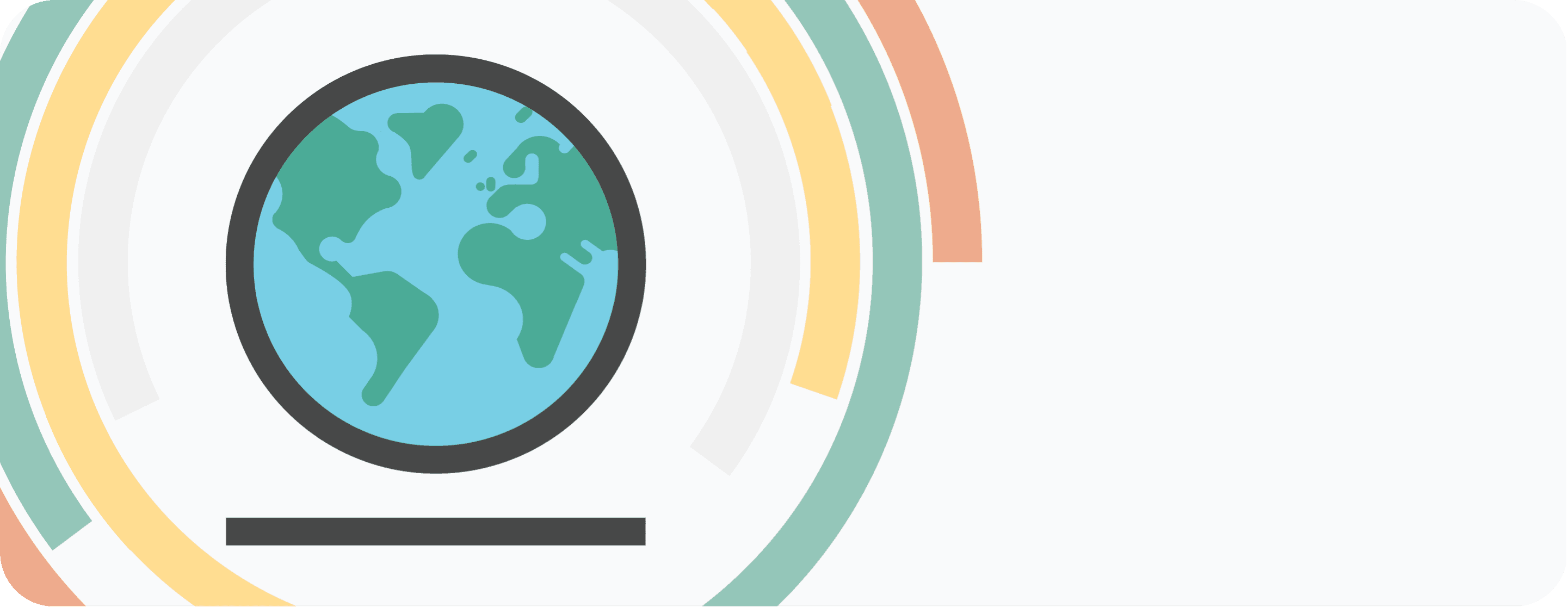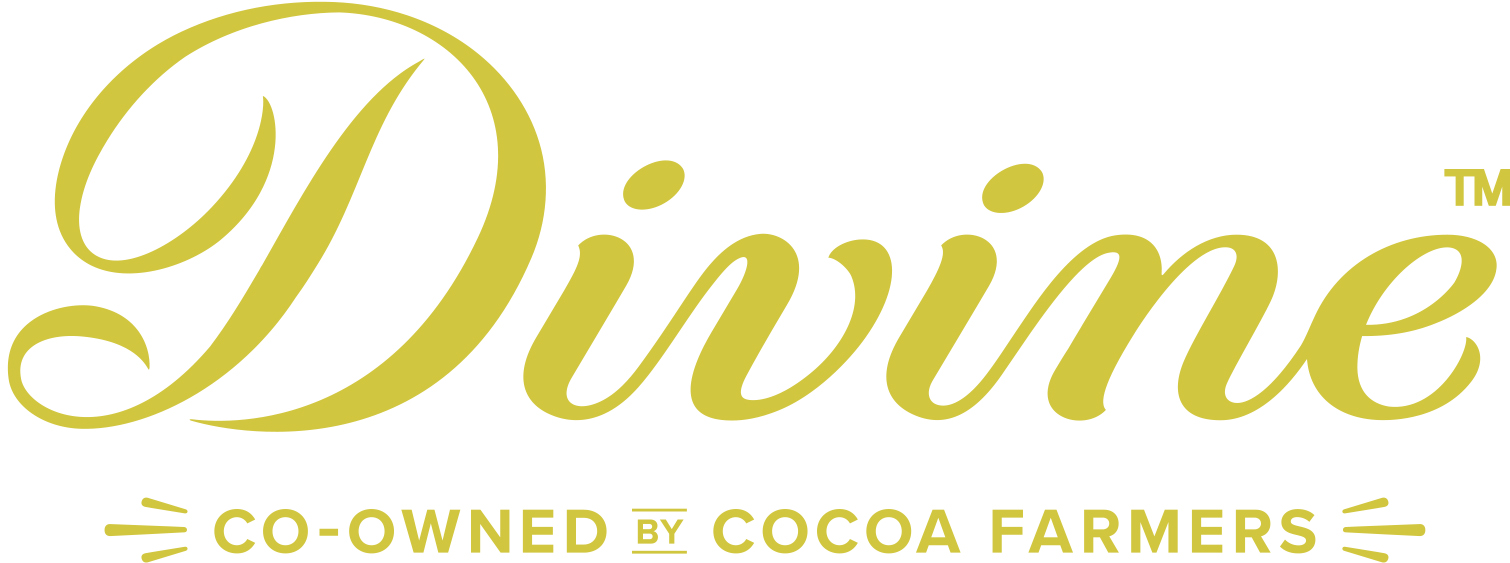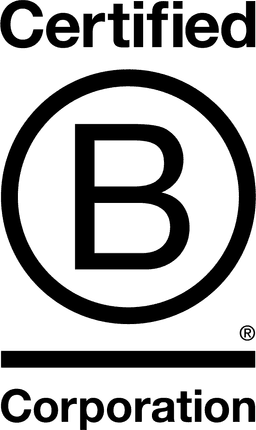

Divine Chocolate Ltd

City of London, United Kingdom
October 2016
Food products
Wholesale/Retail
United Kingdom,
United States
Divine Chocolate is the world’s first and only Fairtrade and B-Corp certified premium chocolate company that is co-owned by cocoa farmers. Driven by a mission to fight exploitation in the cocoa industry, Divine champions the needs of farmers to improve their lives and to build a sustainable and fair world. Kuapa Kokoo, a Fairtrade cocoa cooperative with over 100,000 members in Ghana, owns 20% of Divine Chocolate and therefore, receives 20% of Divine’s distributable profits, and has 40% representation on Divine’s Board of Directors. Farmers benefit from the Fairtrade Minimum Price, the Fairtrade Premium, and Divine’s investment in farmer-led initiatives in adult literacy and numeracy, labour rights, gender empowerment and sustainable agricultural practices that empower farmers and their families to thrive and prosper. Divine is not only a Fairtrade leader, but also a multi-year honoree recognised as “Best for the World: Communities” by B-Lab.
Overall B Impact Score
Governance 17.1
Governance evaluates a company's overall mission, engagement around its social/environmental impact, ethics, and transparency. This section also evaluates the ability of a company to protect their mission and formally consider stakeholders in decision making through their corporate structure (e.g. benefit corporation) or corporate governing documents.
What is this? A company with an Impact Business Model is intentionally designed to create a specific positive outcome for one of its stakeholders - such as workers, community, environment, or customers.
Workers 23.2
Workers evaluates a company’s contributions to its employees’ financial security, health & safety, wellness, career development, and engagement & satisfaction. In addition, this section recognizes business models designed to benefit workers, such as companies that are at least 40% owned by non-executive employees and those that have workforce development programs to support individuals with barriers to employment.
Community 51.0
Community evaluates a company’s engagement with and impact on the communities in which it operates, hires from, and sources from. Topics include diversity, equity & inclusion, economic impact, civic engagement, charitable giving, and supply chain management. In addition, this section recognizes business models that are designed to address specific community-oriented problems, such as poverty alleviation through fair trade sourcing or distribution via microenterprises, producer cooperative models, locally focused economic development, and formal charitable giving commitments.
What is this? A company with an Impact Business Model is intentionally designed to create a specific positive outcome for one of its stakeholders - such as workers, community, environment, or customers.
Environment 19.7
Environment evaluates a company’s overall environmental management practices as well as its impact on the air, climate, water, land, and biodiversity. This includes the direct impact of a company’s operations and, when applicable its supply chain and distribution channels. This section also recognizes companies with environmentally innovative production processes and those that sell products or services that have a positive environmental impact. Some examples might include products and services that create renewable energy, reduce consumption or waste, conserve land or wildlife, provide less toxic alternatives to the market, or educate people about environmental problems.
What is this? A company with an Impact Business Model is intentionally designed to create a specific positive outcome for one of its stakeholders - such as workers, community, environment, or customers.
Customers 3.6
Customers evaluates a company’s stewardship of its customers through the quality of its products and services, ethical marketing, data privacy and security, and feedback channels. In addition, this section recognizes products or services that are designed to address a particular social problem for or through its customers, such as health or educational products, arts & media products, serving underserved customers/clients, and services that improve the social impact of other businesses or organizations.